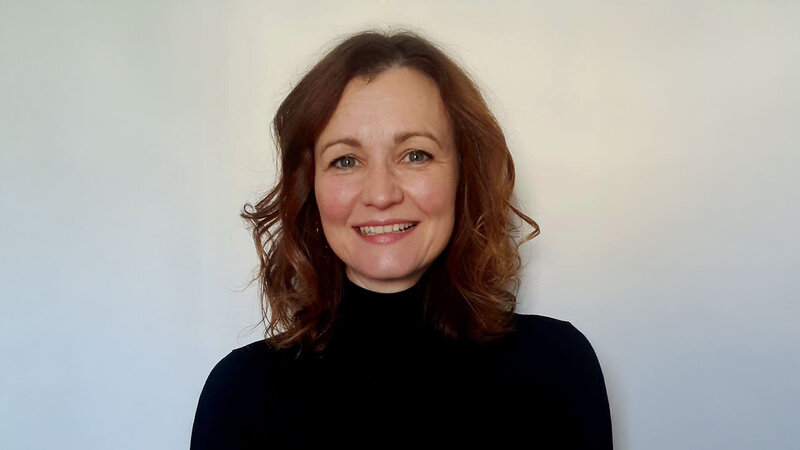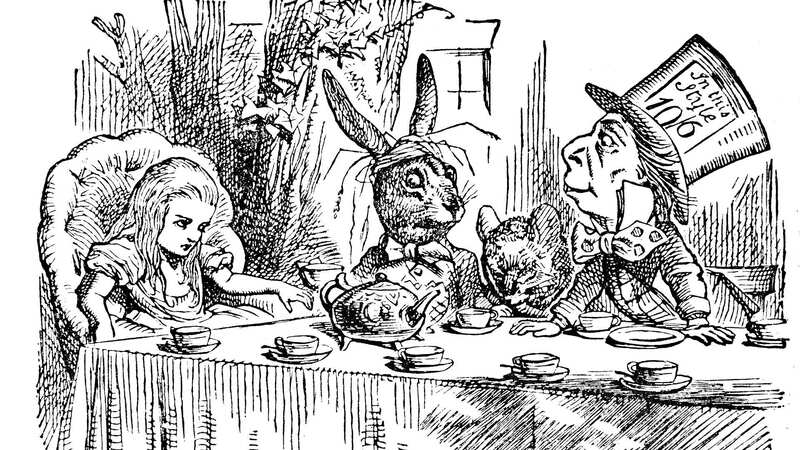You are viewing your 1 free article this month. Login to read more articles.
Baroness Lola Young to chair Man Booker Prize 2017
Baroness Lola Young OBE will chair the judges for the 2017 Man Booker Prize for Fiction.
She will lead a panel of five judges in choosing the best novel of the year in 2017.
She said: “Very soon, I’ll be attempting to navigate my way around stacks of books, looking for a space to sit and read some of the best, most riveting literature written in English, published this year. It’s a huge honour to be invited to chair the Man Booker Prize; I'm very excited by the prospect but daunted too. Fortunately, I will have a wonderful, committed panel of knowledgeable judges working with me on this prestigious literary event, which captures the public’s imagination year after year.”
After an acting career,Young became professor of Cultural Studies at Middlesex University, a writer, and a cultural critic. She subsequently became head of culture at the Greater London Authority. She has sat on the boards of several national cultural organisations, including the National Theatre, The National Archives and the Southbank Centre and participated in judging panels such as the Orange Prize for Literature, which she chaired, the Caine Prize for African Writing, and the Observer newspaper Ethical Awards.
Young was appointed an independent crossbench member of the House of Lords in 2004. She has gone on to found or chair a number of parliamentary groups and committees, with a particular focus on improving outcomes for vulnerable young women and men. She has honorary doctorates from Middlesex University, the University of the Arts London, and Sussex University.
The 12 or 13 titles longlisted for the 2017 Man Booker Prize – ‘The Man Booker Dozen’ – will be announced in July 2017. The shortlist of six titles will be announced in September 2017 and the winner will be revealed at London’s Guildhall at an awards ceremony on 17th October 2017.
Paul Beatty's The Sellout (Oneworld) won the 2016 Man Booker Prize for fiction, the first American author to win the prize. However, some authors including Britain's Julian Barnes have recently expressed discontent at the recent change of rules that allows US authors to compete for the prize.
















